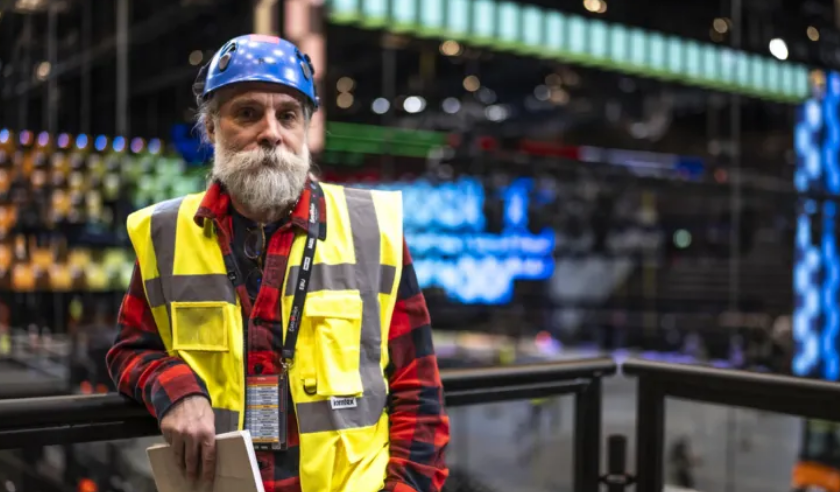The Swiss city of Basel is transforming into a hub of celebration and inclusivity as it prepares to host the Eurovision Song Contest this weekend. It marks the first time Switzerland has hosted the event in 36 years, following Swiss singer Nemo’s victory in 2023 with the song The Code.
Determined to make this a landmark event, Basel has spared no effort. A record-breaking 1.3 km turquoise carpet — Eurovision’s longest ever — will stretch from the town hall across the Rhine River to the Eurovision Village. City officials expect more than half a million visitors.
Conradin Cramer, head of Basel’s cantonal government, called the city the “heart of Europe” due to its border location with Germany and France and highlighted its tradition of tolerance as a fitting backdrop for Eurovision’s celebration of diversity.
The event is taking place under heightened security, with 1,300 officers deployed and a comprehensive safety plan in place. Unique to Basel, “mobile awareness teams” wearing pink jackets will be on hand 24/7 to support victims of harassment, assault, or discrimination. A 24-hour hotline and safe retreat spaces will also be available.
While the main contest sold out within minutes, the city promises plenty of free entertainment. Concerts, street events, and exhibitions are being held across Basel, including a show at the Beyeler Foundation featuring works by Warhol, Kandinsky, Rothko, and Picasso. Even the trams are getting involved — a karaoke tram will offer passengers a 90-minute sing-along ride across town.
Preparations were not without controversy. Some evangelical Christian groups attempted to block public funding, citing moral objections. A public referendum in November overwhelmingly supported the event, approving a budget of nearly $40 million with 66.6% in favor.
Still, political tensions linger. Last year’s winner Nemo is the first non-binary Eurovision champion, and the EBU’s decision to prohibit non-national flags — including Pride symbols — on stage has sparked criticism from LGBTQ+ groups. Swiss advocacy group Pink Cross called the policy “a slap in the face,” while the EBU defended it as an effort to maintain neutrality.
Cramer, however, remains resolute: “Whoever you are — straight, gay, young, old, male, female, non-binary — everyone is welcome. This is what Basel stands for. This is what Europe should stand for.”
With the city adorned in turquoise and transport running around the clock, Basel is ready to shine as Eurovision’s host, uniting people through music, art, and a shared spirit of openness.


